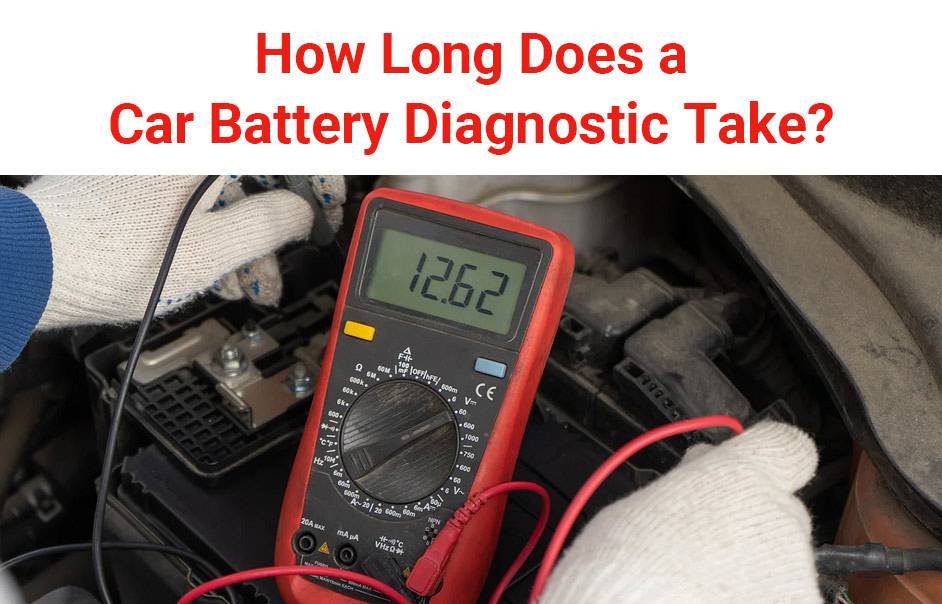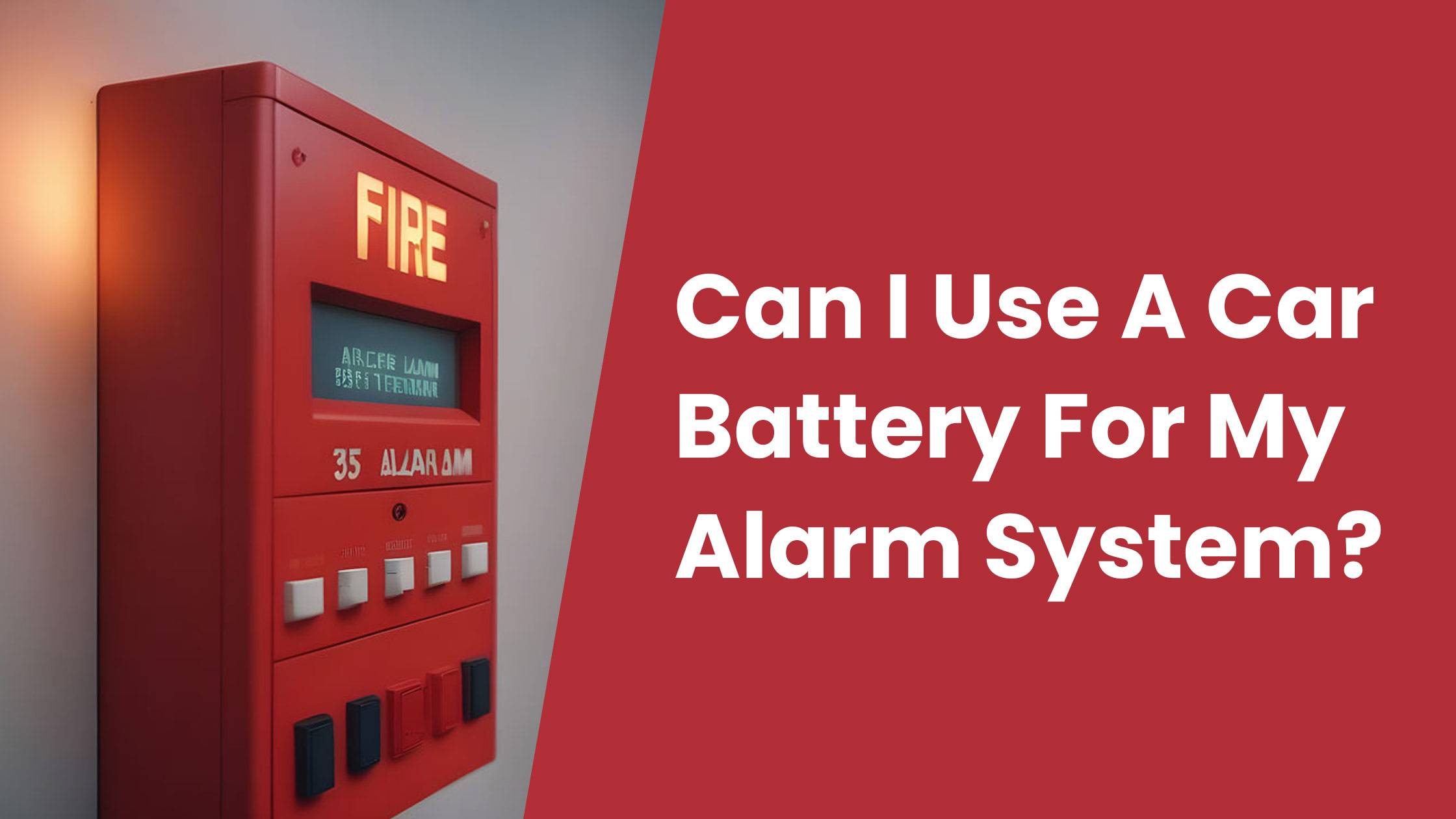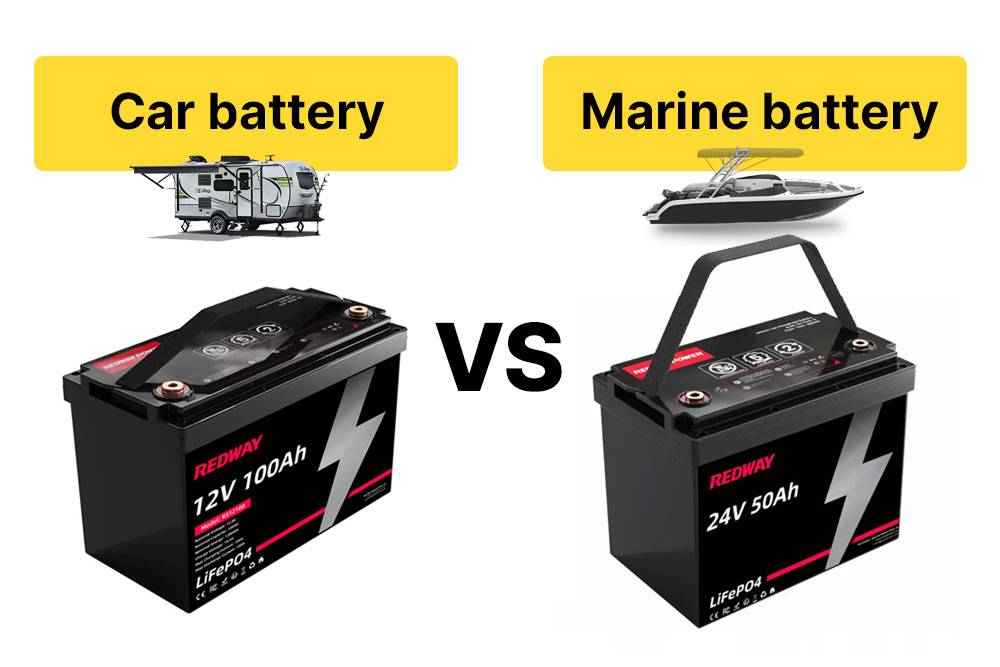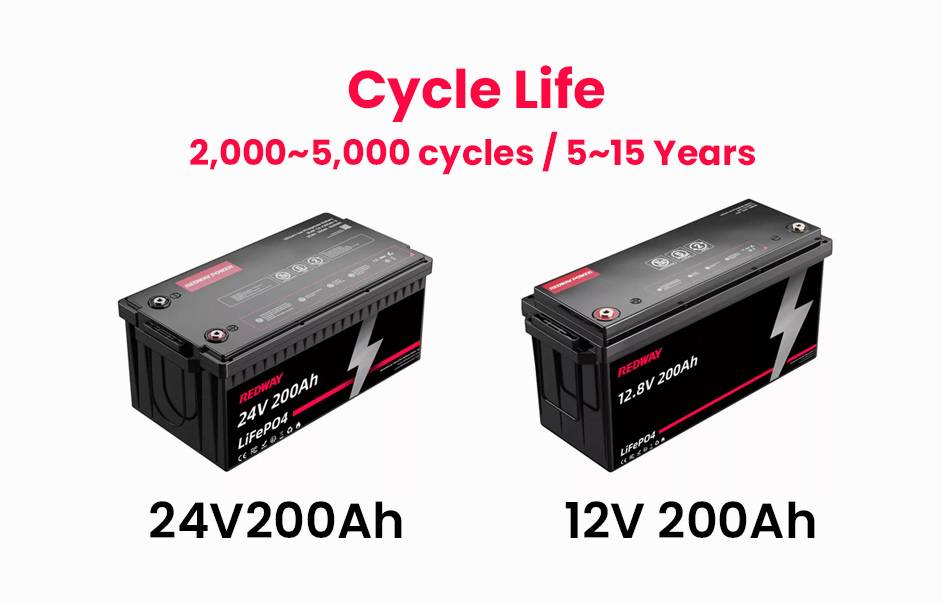
Blog
How Long Does a Car Battery Diagnostic Typically Take?

A car battery diagnostic usually takes between 5 to 30 minutes, depending on the complexity of the test and the tools used. Quick battery tests using automated testers or multimeters can provide instant readings of voltage and health, while thorough diagnostics including load testing, alternator evaluation, and electrical system checks may take longer. Understanding the diagnostic process helps vehicle owners anticipate service duration and ensure accurate battery health assessment.
What is involved in a typical car battery diagnostic?
A standard car battery diagnostic includes measuring the battery’s voltage at rest, conducting a load test to assess cranking power, checking the state of charge, inspecting terminal corrosion, and testing the vehicle’s charging system including the alternator. Advanced diagnostics may also scan for electrical faults related to battery drain or battery management system issues.
How long does a simple battery voltage test take?
Using a multimeter or a basic battery tester to check voltage usually takes less than 5 minutes. This quick reading indicates whether the battery is fully charged, partially discharged, or nearly dead. It gives an immediate snapshot but does not reveal the battery’s cranking capacity or health status under load.
How long does a full load test or battery health test take?
A thorough load test, which simulates real-world engine starting conditions, usually takes between 10 and 15 minutes. The load test measures the battery’s ability to sustain sufficient voltage while delivering heavy current. Additional measurements of reserve capacity and alternator output may extend the timeframe to around 20-30 minutes.
Can a comprehensive diagnostic take longer in some cases?
Yes, if the battery is borderline or the diagnostic reveals electrical issues, technicians might perform further detailed inspections and retests. This may include testing parasitic draws, checking wiring and connectors, or system resets, taking up to an hour or more. Complex battery management systems in modern vehicles also require specialized tools that can lengthen the diagnostic process.
Where can car battery diagnostics be performed and how does location affect time?
Battery diagnostics are commonly available at automotive service centers, dealerships, and some retail auto parts stores offering free or paid battery testing. Dealerships or specialized shops might take longer due to scheduled appointments and additional vehicle checks, whereas quick tests at retail stores may be done immediately.
Chart: Typical Car Battery Diagnostic Timeframes
| Diagnostic Type | Estimated Duration | Description |
|---|---|---|
| Basic Voltage Test | < 5 minutes | Quick voltage measurement using multimeter |
| Load Test | 10 – 15 minutes | Assesses battery’s cranking power under load |
| Full Battery Health Check | 20 – 30 minutes | Includes load test, alternator, and reserve capacity tests |
| Comprehensive Electrical Diagnostic | Up to 60 minutes or more | In-depth testing for parasitic draws, complex systems |
How does Redway Power’s battery technology facilitate accurate diagnostics?
Redway Power’s lithium and AGM batteries are engineered with precise voltage stability and integrated Battery Management Systems (BMS) that provide consistent electrical characteristics. This stability allows technicians to rely on consistent diagnostic results, reducing retests and improving battery performance predictions. Redway Power’s MES-controlled manufacturing ensures uniform quality, aiding dependable diagnostics.
How often should you have your car battery diagnosed?
Routine battery checks at least once a year, particularly before winter or after 3-4 years of use, help prevent unexpected failures. More frequent diagnostics are recommended if starting issues, dim lights, or electrical oddities occur. Early detection saves costs and improves vehicle reliability.
Can you perform a battery diagnostic at home and how long does it take?
DIY testing with a multimeter or basic battery tester can take just a few minutes for voltage checks. However, load testing or alternator diagnostics require specialized equipment typically available at service centers. Home testing is useful for quick status but may not fully assess battery health or charging system functionality.
Redway Power Expert Views
“Accurate battery diagnostics underpin vehicle reliability and customer confidence,” explains a Redway Power battery expert. “Our advanced batteries with integrated BMS and consistent performance allow diagnostic tools to deliver precise results quickly. Leveraging MES-driven production excellence, Redway Power contributes to reducing diagnostic uncertainty and optimizing battery service scheduling, ultimately extending battery life and vehicle uptime.”
Conclusion
Car battery diagnostics typically range from a brief 5-minute voltage check to more comprehensive tests lasting up to 30 minutes or longer, depending on battery condition and the scope of the electrical assessment. Routine diagnostics prevent unexpected failures and inform maintenance or replacement decisions. Premium batteries from manufacturers like Redway Power enhance diagnostic reliability through stable performance, supporting well-informed vehicle care.
FAQs
How long does a simple car battery voltage test take?
Usually less than 5 minutes with a multimeter or basic tester.
What is the duration of a full load test?
Typically around 10 to 15 minutes to assess capacity under load.
Can complex diagnostics take over 30 minutes?
Yes, especially if electrical system issues or parasitic draws require investigation.
Where can battery diagnostics be done quickly?
Retail auto parts stores often offer free quick testing with minimal wait times.
How does Redway Power improve battery diagnostic accuracy?
Through consistent battery performance and integrated BMS enabled by MES-monitored manufacturing processes.















